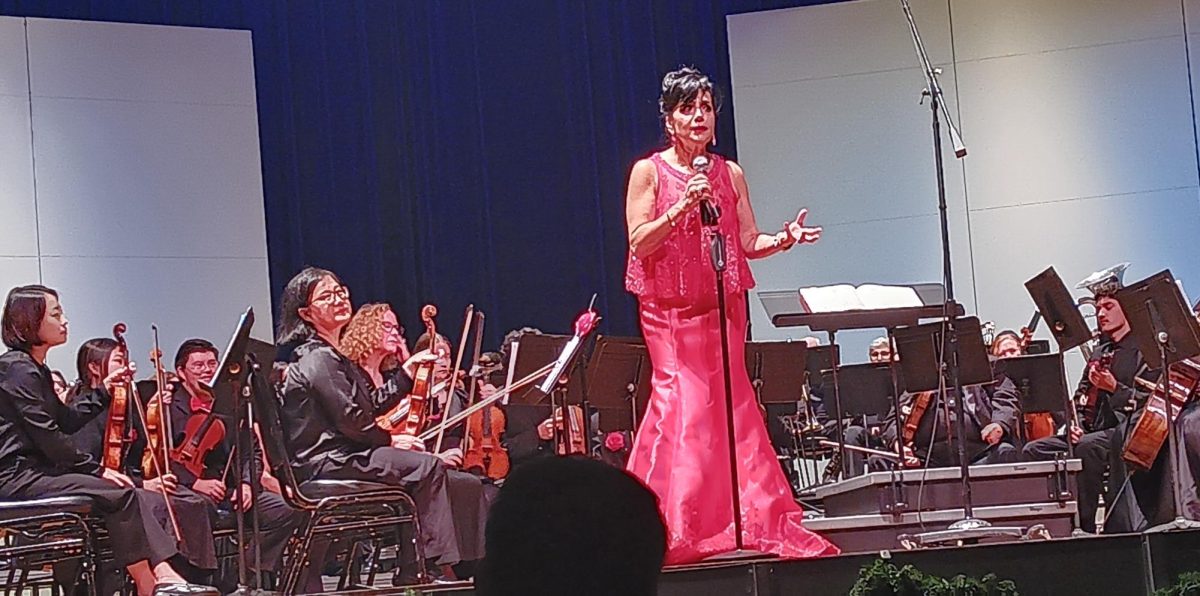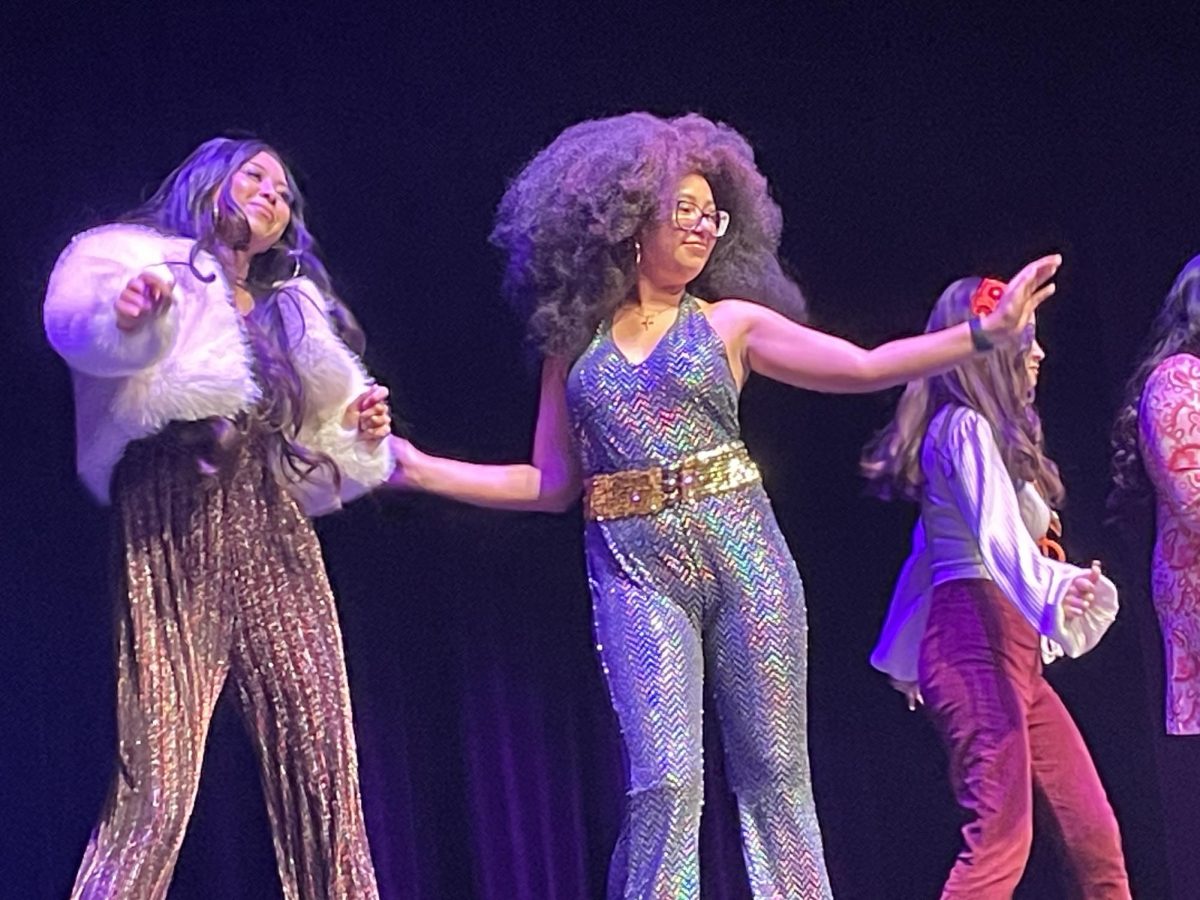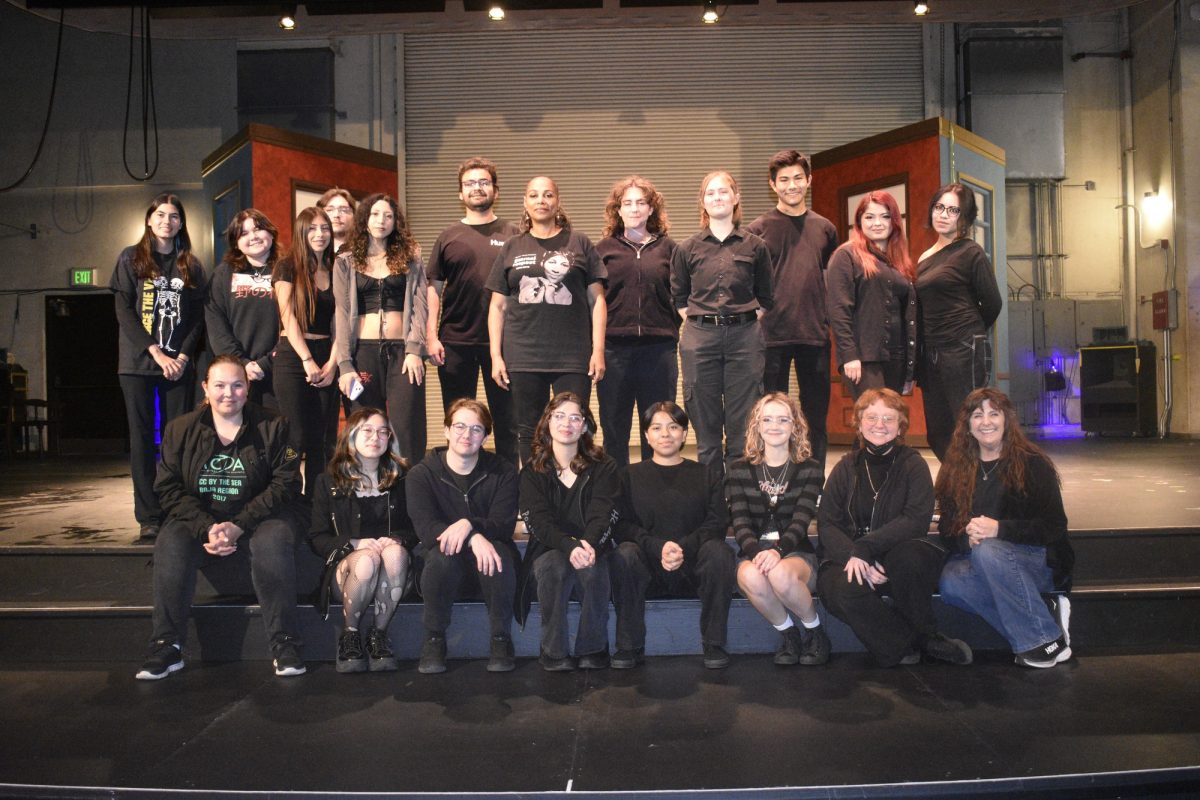Lauren Neuroth
Imagine a society where men and women had very different roles, but specific ones with certain expectations.
The man is always the one who brings home the money and food for the family, and the woman is always the one who stays home to do laundry, cook, clean and take care of the kids.
This is how it was just a few decades ago in America.
We have come a long way since the ’40s and ’50s in some ways, but as far as women’s roles are concerned, the problem of stereotyping has changed only very recently.
“As women take on leadership positions, we are then recognized for our talents in the workplace and how well we can perform our job, and not so much focus on whether someone is male or female,” Stacey Allen, sociology professor, said.
It is because of the women’s movement of the ’60s and the demand for higher income that led women to pursue an education, Allen said.
In 1996 to 1997, females earned 61 percent of associate’s, 56 percent of bachelor’s, and 57 percent of master’s degrees.
In 2006-07, the percentage of associate’s and bachelor’s degrees earned by females increased to 62 and 57 percent, respectively, and the percentage of master’s degrees increased to 61 percent according to the National Center for Education Statistics.
A recent example of how far women have come is Hillary Clinton’s effort to be elected president of the United States, and there are many more as well, Allen said.
“We’ve had several women as the Secretary of State, one of the most powerful positions in the country, advising the president on foreign policy,” Allen said.
Education for women hasn’t just leveled the playing field for the workplace.
It can also reduce overpopulation, illiteracy and encourage children to pursue a higher education as well, Matt Cheung, English professor, said.
“If you educate a girl, she grows up and becomes a mom, her children are more likely to be educated. And when mom has more job opportunities, it allows her kids to have more opportunities,” Cheung said.
More of these opportunities are opening up for women to expand and grow.
“Recently, the military is rethinking their policy on allowing women to serve on submarines and even women to serve in combat,” Cheung said.
And while women haven’t always been on the forefront, especially in politics, Dara Gray, 18, computer science major knows that great women have been behind great men.
“We know there are women back there supporting them with their decisions,” Gray said.
Some students believe that Women’s History Month, which is March, may no longer be needed in the next couple of years, because in the opinion of students like Sunmin Choi, 25, business major, women are just as equal as men.
“I think it should go on for a few more years because I know women have been fighting for equality,” Choi said. “But the sexes are pretty much equal now.”







